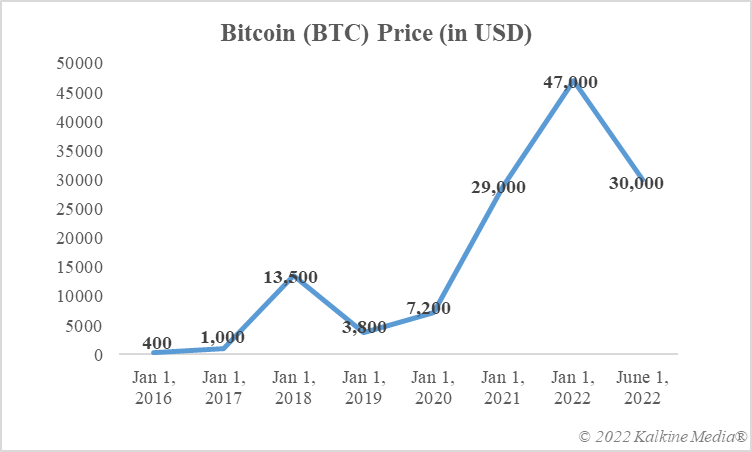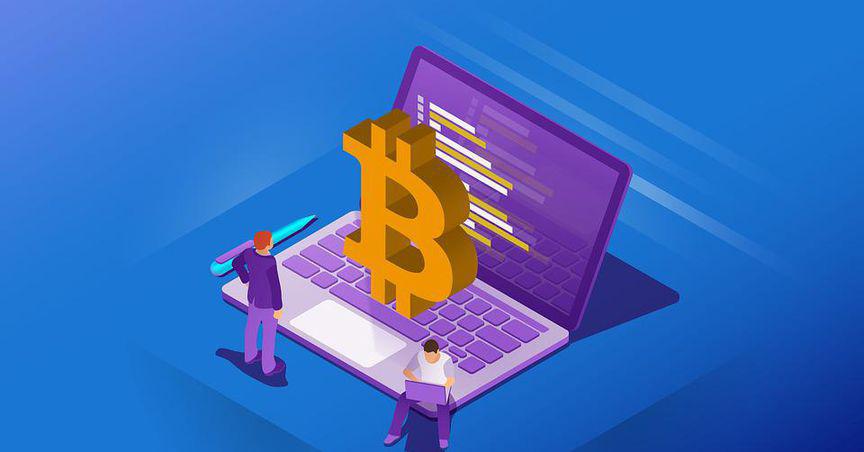Highlights
- In the whitepaper of Satoshi Nakamoto, nothing has been written about the commercial aspects of the Bitcoin project
- For now, validators or nodes earn fees or incentives for their computing work on Bitcoin’s blockchain
- If Bitcoin is truly a currency and not a commercial business, there is no sense in discussing how it makes money
What is Bitcoin? The answer to this question can be summed up by saying, ‘Bitcoin is a cryptocurrency’. But then the question arises -- what is cryptocurrency? If cryptocurrency is blockchain-powered digital money, why aren’t all countries declaring it legal tender? For now, Bitcoin or any other cryptocurrency is mainly a speculative asset. The next question is how the Bitcoin project makes money, if at all.
The question is critical because any asset, in order to return value to its backers must have some commercial features. These features, such as a smartphone or wooden chair, allow the project to make money, a portion of which is distributed among its backers in forms like dividend income. Any business that manufactures smartphones or chairs makes money by selling them at a higher price than the cost of operations.
But does Bitcoin also work in the same fashion? Let us explore.
The Bitcoin project
First, in the whitepaper released by Satoshi Nakamoto (Bitcoin’s creator), the headline reads ‘electronic cash system’. This system is based on peer-to-peer technology, popularly called blockchain or distributed ledger. It can be said that since Bitcoin was conceptualised as a payments system, the project targets to make money by providing related services. Notably, there is no intermediary like a central bank in Bitcoin’s system, which means peers who run the network can decide on commercial aspects like a fee.
Second, Bitcoin has two elements -- the cryptocurrency called BTC, and an underlying technology network known as Bitcoin. The terms Bitcoin and BTC are often used as substitutes, but Nakamoto’s whitepaper does not mention the latter. Bitcoin’s blockchain enables the cryptocurrency to move between parties, with ‘nodes’ supporting the network in recording transactions. Nodes, as mentioned in the whitepaper, earn a fee.

Data provided by CoinMarketCap.com
Isn’t Bitcoin money in itself?
Many can argue that Bitcoin is money in itself, at least as Nakamoto’s whitepaper suggests. The US dollar is also money; hence, it does not need to earn money through commercial operations like manufacturing or trading. Bitcoin is supposed to have a limited supply of BTC tokens. Some also believe that when the supply mark is achieved, any transaction on Bitcoin’s blockchain would need the existing tokens. For this, token holders would be rewarded. But Bitcoin, as a project, might not make any money at all as typical commercial ventures do.
Bottom line
One theory is that the Bitcoin project does not make money, but it allows node operators to charge fees for their computing work. Nakamoto’s whitepaper does not say anything about the commercial viability of the Bitcoin project. It defines the cryptocurrency as ‘electronic cash’ that can operate without intermediaries. By one measure, it may be assumed that Bitcoin was envisaged as a non-profitmaking project.
Risk Disclosure: Trading in cryptocurrencies involves high risks including the risk of losing some, or all, of your investment amount, and may not be suitable for all investors. Prices of cryptocurrencies are extremely volatile and may be affected by external factors such as financial, regulatory, or political events. The laws that apply to crypto products (and how a particular crypto product is regulated) may change. Before deciding to trade in financial instrument or cryptocurrencies you should be fully informed of the risks and costs associated with trading in the financial markets, carefully consider your investment objectives, level of experience, and risk appetite, and seek professional advice where needed. Kalkine Media cannot and does not represent or guarantee that any of the information/data available here is accurate, reliable, current, complete or appropriate for your needs. Kalkine Media will not accept liability for any loss or damage as a result of your trading or your reliance on the information shared on this website.



